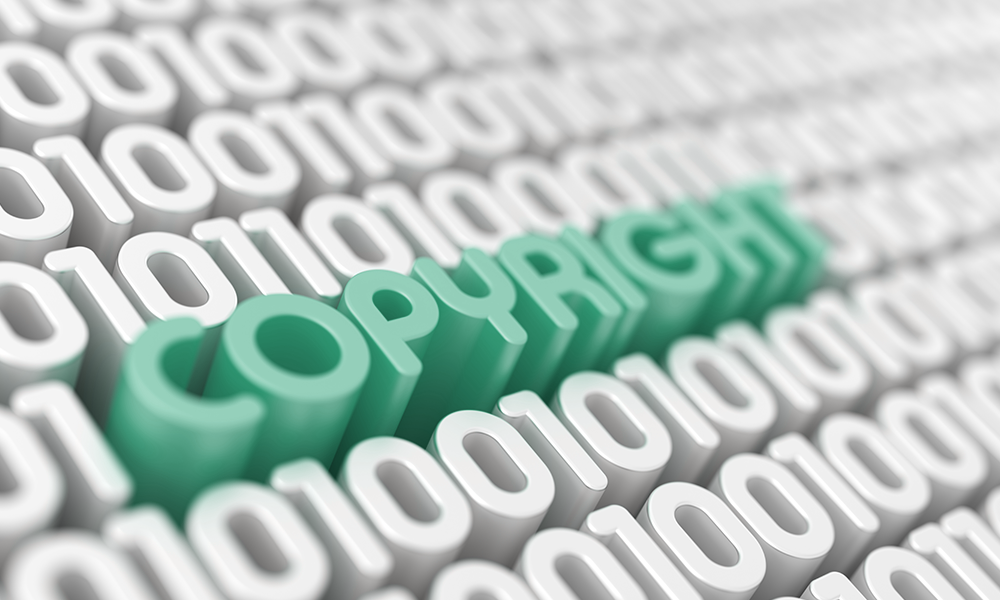The tension between freedom of expression and copyright protection has lately been one of the hottest topics in EU and Portuguese copyright laws. Nobody questions the fact that IP laws need to be enforced on the internet. However, at times, excessive intervention can have a negative impact on users’ freedom of expression and information, since now and again content is removed that is protected by certain exceptions, such as parody for example.
Portuguese Law 82/2021 has been published on November 30, dealing with the supervision, control, removal and impediment of access in a digital environment to protected content, trying to make it a safer and more regulated place for right holders. It is believed that this law will have a significant impact on those websites making available films, videos, sport games and other contents via streaming, without the authorization of right holders.
In brief, this new law foresees that whenever the General Inspectorate of Cultural Activities (IGAC) – the organization specialized in the protection of copyright and related rights in Portugal – identifies, ex officio or following a complaint, the provision by an Internet website or service of content protected by copyright and/or related rights without the authorization of the respective right holders, that it notifies the person responsible for making available that content to, within a maximum period of 48 hours, terminate its availability and remove the service or content from the Internet.
If this period lapses and the content is still available, IGAC notifies the intermediary network services provider to remove or disable access to the content in question. However, no notification occurs when there are well-founded doubts as to the ownership of the rights in question or to the legitimacy of the use of the contents by the person responsible for its availability.
For the purposes of this Law, it is considered that one unlawfully provides content protected by copyright and/or related rights if one: a) In any way communicates, makes available to the public or stores protected content, without authorization from right holders; b) Provides services or means intended to be used by third parties to violate copyright and related rights, or which are intended to interfere with the normal and regular functioning of the market for works and services; c) Provides services aimed at neutralizing effective technological measures for the protection of copyright and related rights or information devices for the electronic management of rights.
In a nutshell, this new regulation imposes the obligation to take down infringing content in a short time, whenever there is a notification from IGAC to do so, and for intermediary network services providers to immediately inform IGAC of any manifest illegal activity that they are aware of (which may imply some monitoring, although only of manifestly illegal content). There is also an obligation to satisfy IGAC’s requests for the identification of service recipients with whom they have storage agreements.
However, it is unclear how in such a short time the person responsible for making available the content and/or the intermediary network service provider can defend themselves in case a notification has been wrongly made (as no copyright infringement occurs). It seems that the only effective way is to appeal IGAC’s decisions to the IP Court in Lisbon, which will be certainly burdensome in terms of time and costs.
This law shows once again the tension and concerns involved in balancing freedom of expression on the one hand with copyright protection on the other hand. There is a need for strong, clear and effective EU and national legal frameworks on copyright and related rights protection, but these frameworks should also avoid contributing to the digital environment becoming, as is feared, an over-regulated, censored place.






